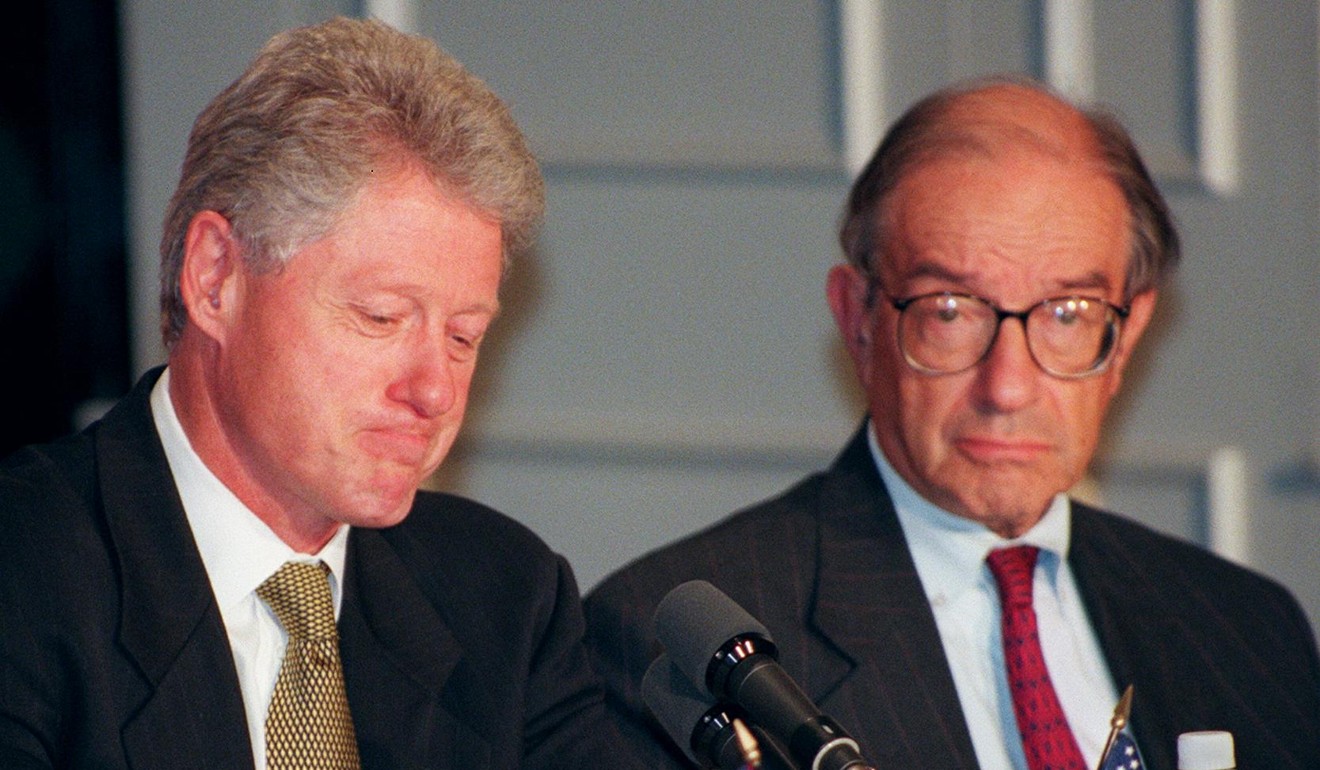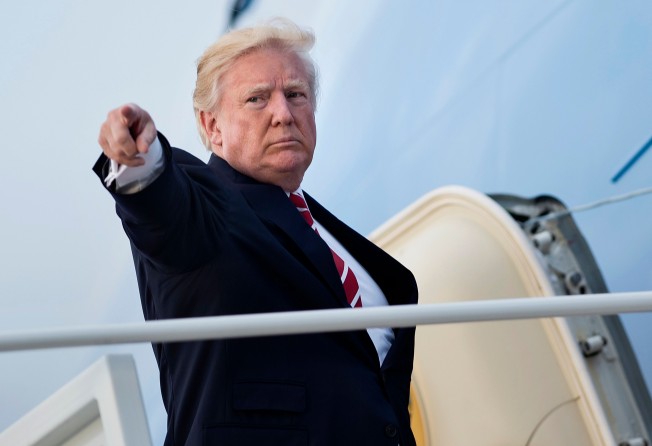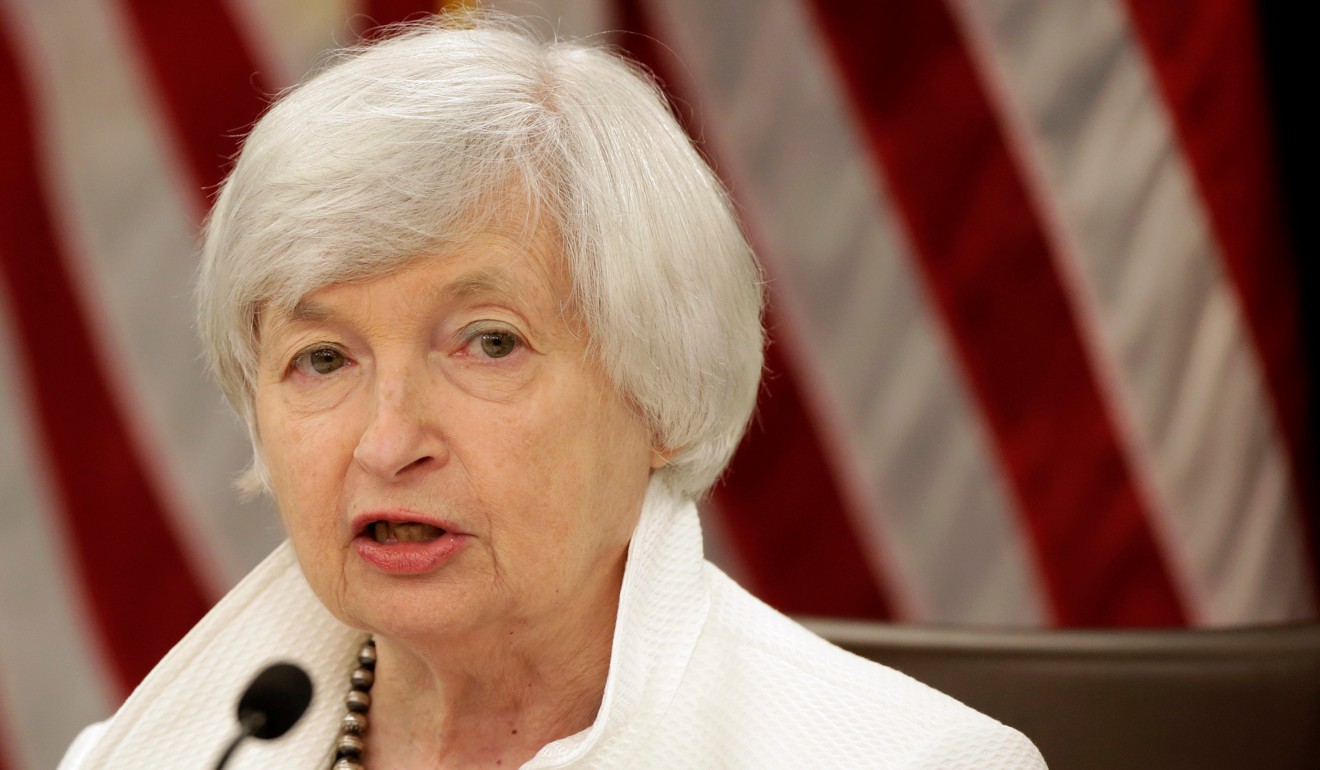
‘You’re hired!’ What Trump’s Fed chair choice may mean for the global economy
The Federal Reserve chair will dictate the course of the world’s biggest economy; that’s why Trump can’t afford to hire the wrong person

“You’re hired!” Those words may soon resonate in Washington as US President Donald Trump, former host of The Apprentice, makes his pick to lead the Federal Reserve. But this is no game show. Appointing the next chair of the US central bank will be one of the most important decisions Trump makes, both for his administration and for markets.
US presidents understand the clout the chair of the Fed possesses. After losing the 1992 presidential campaign to Bill Clinton, President George H W Bush subsequently attributed his defeat to the failure of the Fed, led then by Alan Greenspan, to ease policy more aggressively ahead of the election.
“I think that if interest rates had been lowered more dramatically that I would have been re-elected,” said Bush in 1998, famously adding of Greenspan that “I re-appointed him and he disappointed me.”
In truth, no one should underestimate the influence of the chair of the Federal Reserve, a point emphasised by National Australia Bank (NAB) on Friday. “Fed governors don’t oppose the chair,” wrote Ray Attrill, NAB’s Head of FX Strategy. “The practical reality of the power that resides in the Fed chair is the rarity of any sitting Fed governor dissenting against the chair.”

In essence, therefore, while monetary-policy setting at the Federal Open Market Committee (FOMC) is a collegiate affair, the opinion of the chair of the Federal Reserve has carried enormous weight in recent decades. That merely underscores the need to understand what the potential candidates stand for and what their appointment might mean for markets.
The current shortlist for the job seems to consist of the incumbent Janet Yellen, the Trump-appointed National Economic Council director Gary Cohn, existing Fed governor Jerome Powell, former FOMC member Kevin Warsh and Stanford University economist John Taylor.
The practical reality of the power that resides in the Fed chair is the rarity of any sitting Fed governor dissenting against the chair
From a market perspective John Taylor would have to be regarded as the most hawkish candidate given his emphasis on a rules-based approach to monetary policy formulation and his own authorship of the Taylor Rule which, in recent years, would have dictated that the Fed raise rates further than actually occurred.
Warsh, son-in-law of long-time Trump associate Ronald Lauder, also has a strong CV and could be seen by markets as the next most hawkish candidate. Also an advocate of a rules-based system, Warsh’s approach might be similar to Taylor’s.
Certainly US government bond yields initially rose when traders became aware, at the tail-end of September, that Trump had met with Warsh to discuss the role at the Fed.
Regarding equities, given that Warsh has previously expressed a view that Fed policy has been asset-price dependent rather than economic data dependent, it’s perhaps no surprise that Germany’s Deutsche Bank thinks a Warsh appointment might be accompanied by initially weaker US stock markets.
As for the US dollar, there’s an argument that it could strengthen if Taylor or Warsh were appointed given that their candidacies are currently associated with a potential uptick in the pace of Fed rate increases.
But what of the other three names on the list?

But if Yellen is reappointed, markets would probably expect more of the same, including potentially another three US rate rises in 2018. The bond, equity and foreign-exchange markets might just shrug and move on. That could also be the case if Jerome Powell is given the job, as his position on monetary policy doesn’t seem to be a million miles away from Yellen’s.
Then there’s Gary Cohn.
As a member of Trump’s team, a Cohn appointment could be seen as a politicisation of the Fed. That might hurt the US dollar although, at least in the short term, it might also give equity prices a lift. Deutsche Bank takes the view that in the case of his appointment “the market read will initially be erring on the more dovish side” even if Cohn might have to resort to “a rate hike at the outset...to establish his credibility.”
Either way, investors should get familiar with these five names and what they appear to stand for. This is not The Apprentice. This matters.